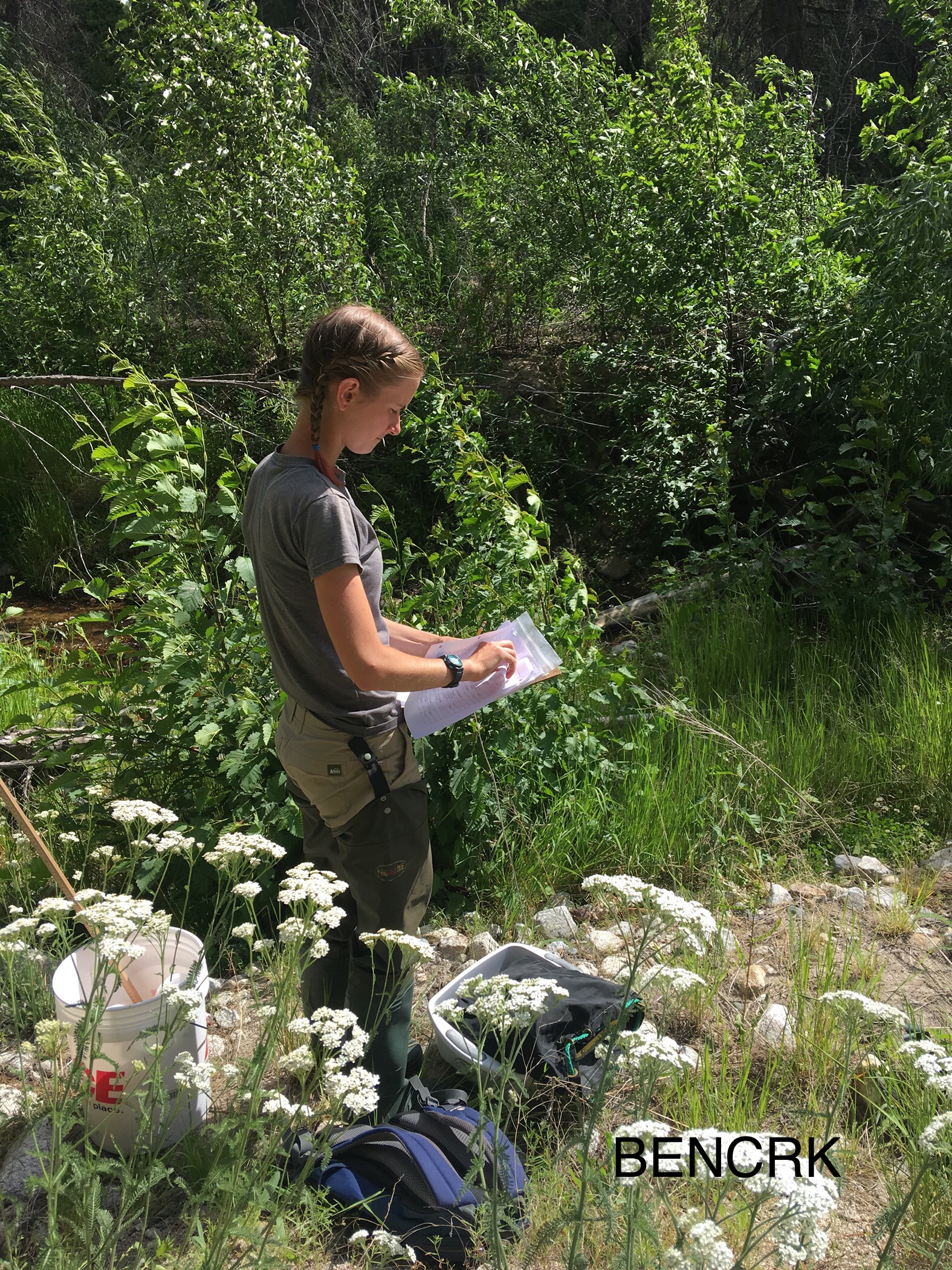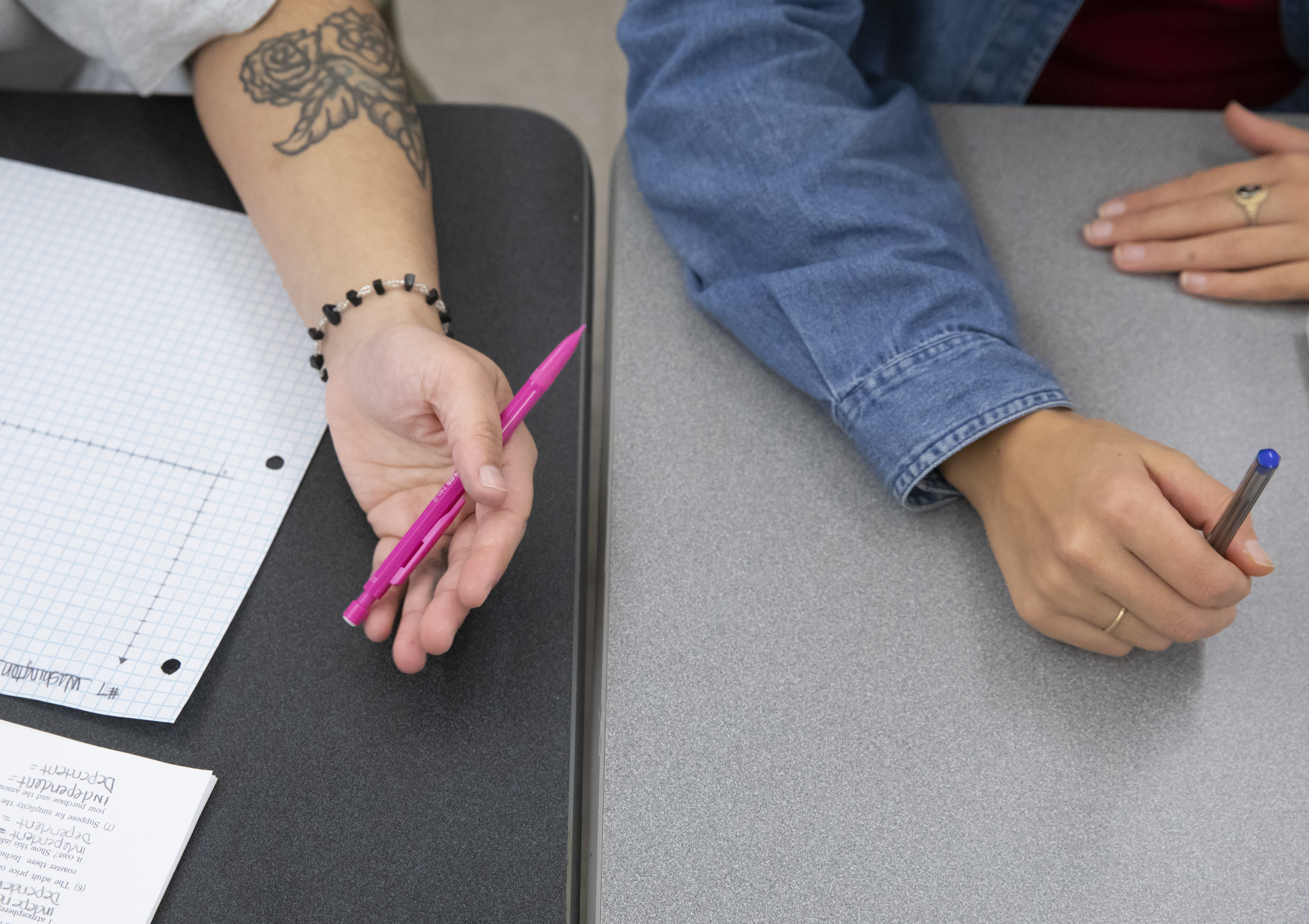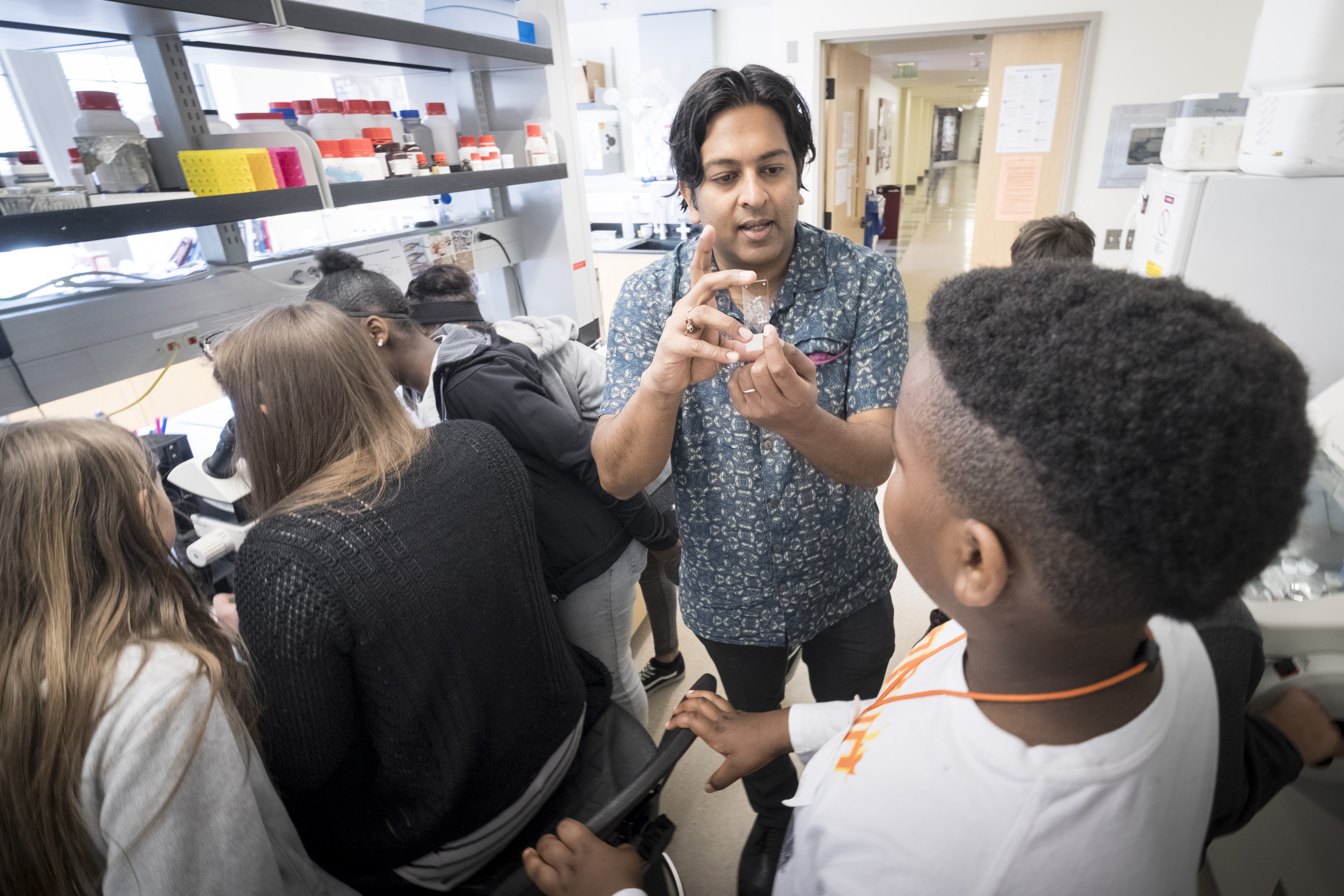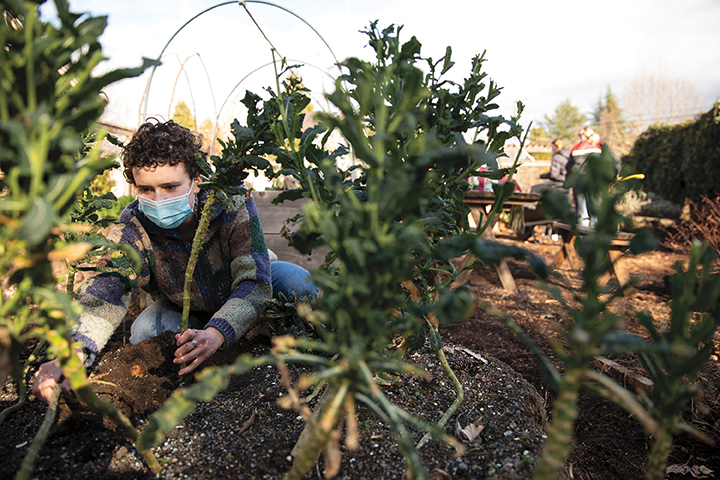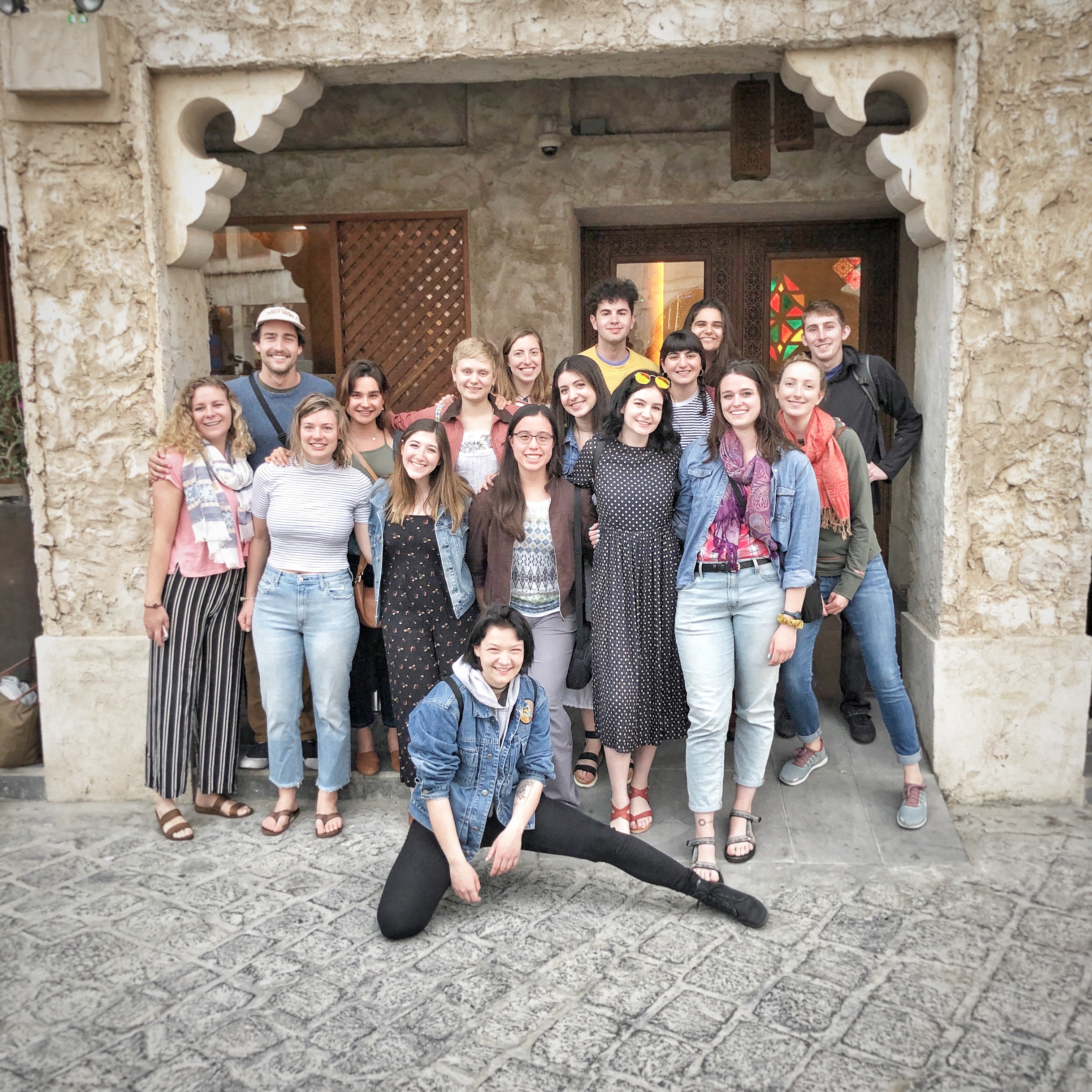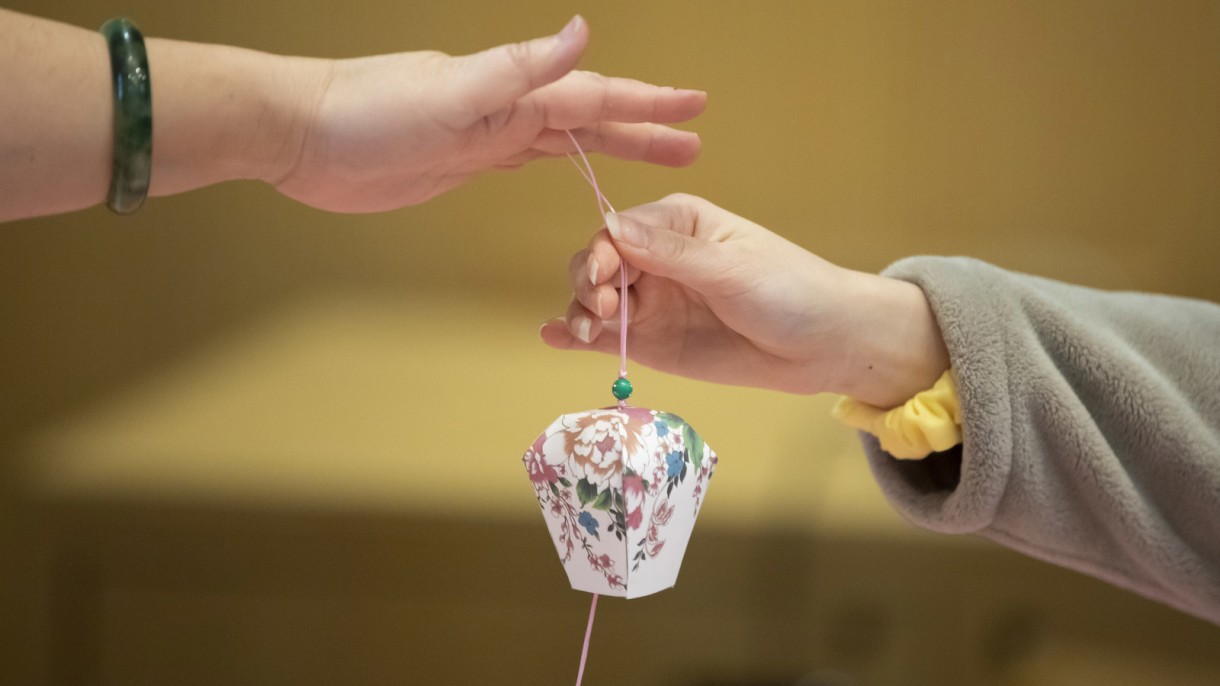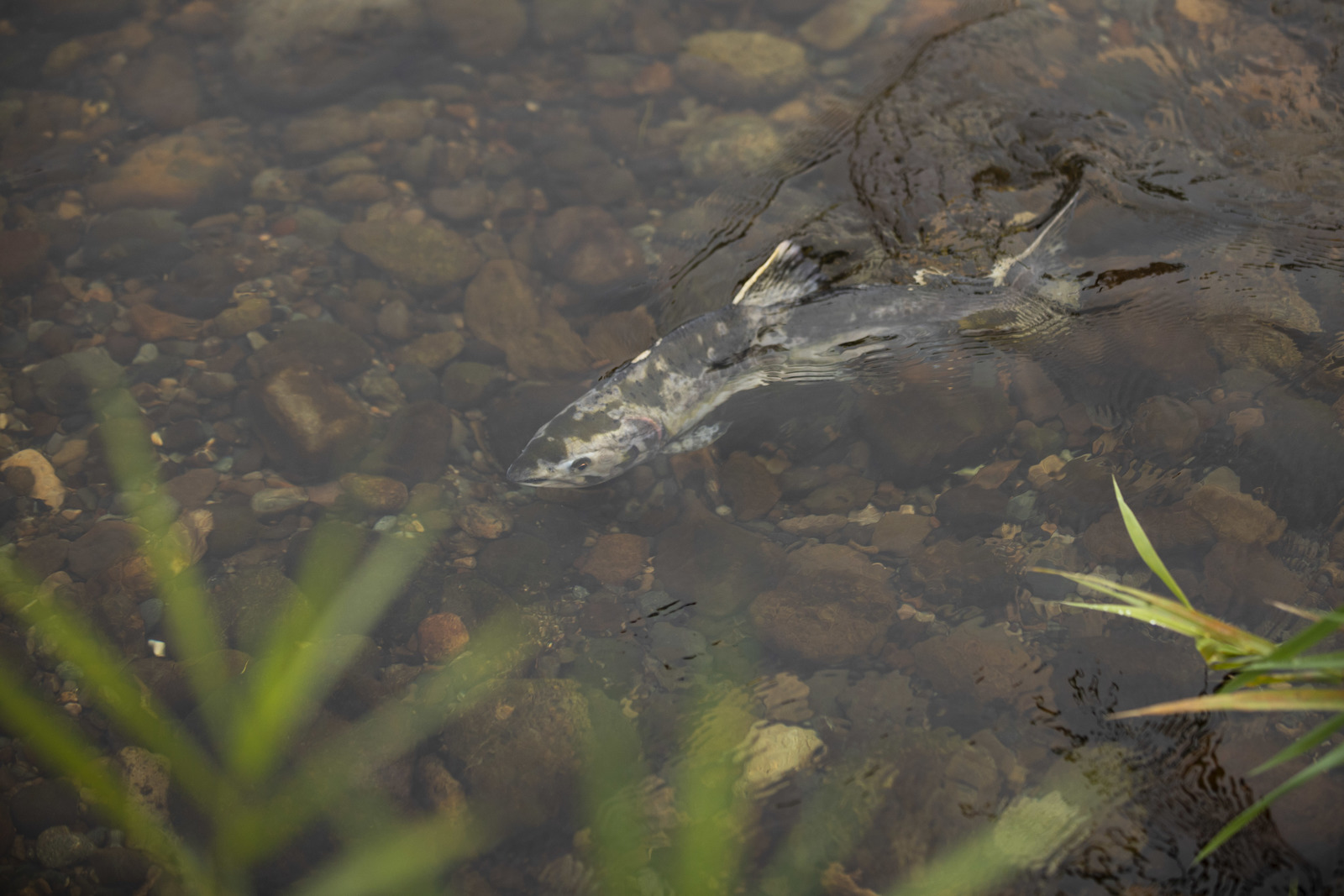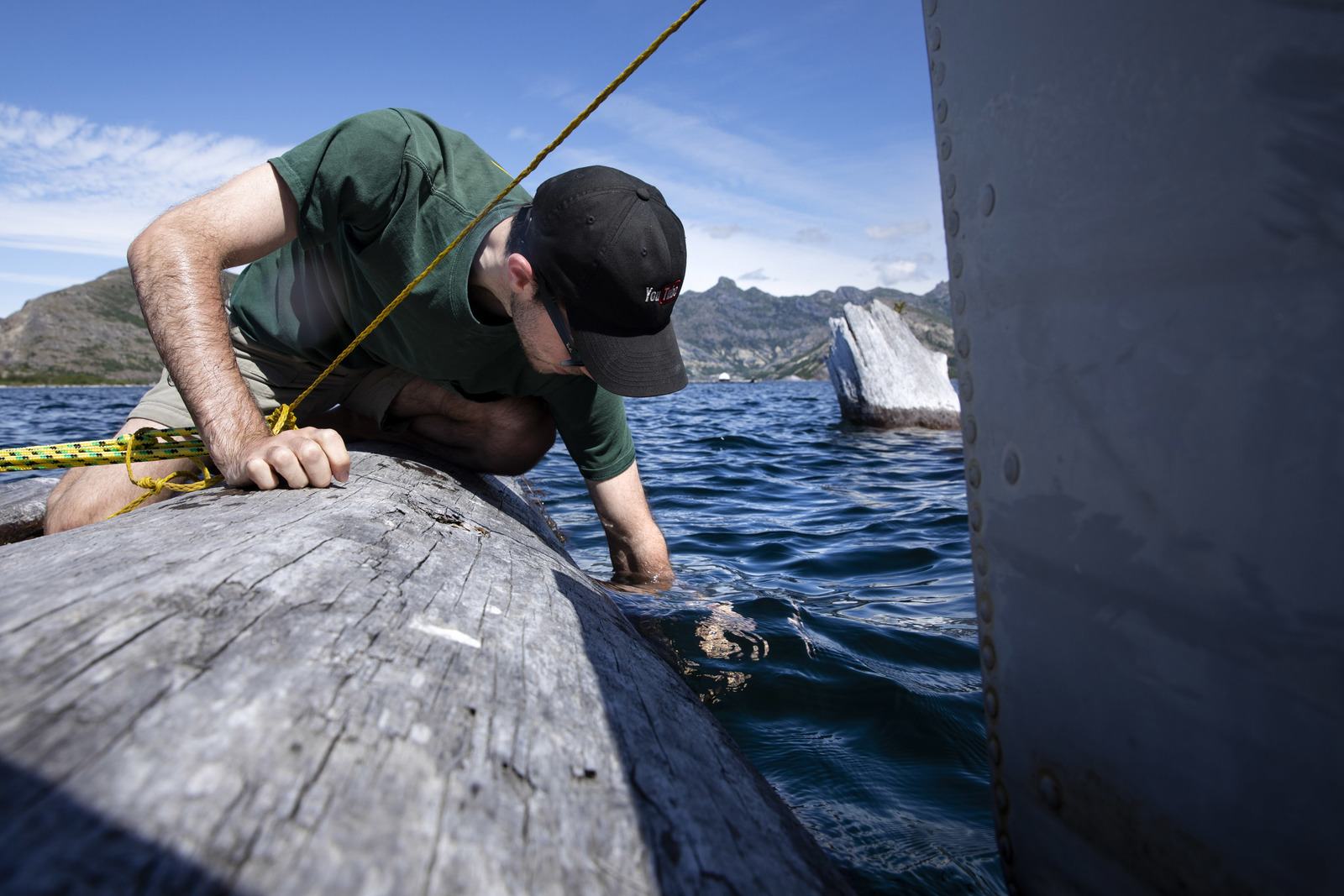Students and professors use summer to rethink the value of beavers
Long regarded as nuisances by many farmers and landowners, beavers are being seen in a new light: as possible allies in efforts to restore rivers and the fight against climate change. The new perception is, in part, thanks to research being conducted by Puget Sound professors and students in partnership with the Methow Beaver Project.
Kena Fox-Dobbs, associate professor of geology and environmental policy and decision making, and Peter Wimberger, professor of biology, have spent years working with the central Washington organization that aims to relocate beavers from agricultural areas and farmland to wilderness streams. They’ve been studying how these remote areas—not recently exposed to beaver activity—change with the introduction of the large rodents. This summer, their research has expanded to examine whether beavers speed the recovery of areas burned by wildfires.

“Their importance is really being pushed,” Kena says. “The idea has been that beavers are good for salmon recovery, but now scientists are saying they could help with the effects of climate change.”
This summer, three science students joined Kena and Peter. For nearly a month, they lived on the banks of a watershed that had been impacted by numerous wildfires as part of their effort to further study the impact beavers have on bird diversity, stream invertebrate populations, and stream sediments in burned and unburned areas. The experience served as the basis for summer research projects for Hayley Rettig ’21, Amanda Foster ’20, and Erin Stewart ’20, who all received summer research grants through a rigorous and comprehensive application process earlier this spring. With their fieldwork complete and data gathered, the students’ next step is to curate and package the data so it can be used by Methow Beaver Project researchers and the U.S. Forest Service.
“It’s really cool to be able to contribute to the bigger picture and better see the scope of the impacts beavers have,” says Hayley, a biology student studying bird diversity. “The information we’re gathering is useful no matter what it means for me personally or my project.”
For Erin, a biology student who examined the effect of beaver dams on stream invertebrate populations, being able to work alongside students and faculty members from different departments showed her the importance of collaboration, communication, and interdisciplinary thinking.
Amanda, a geology student who studied sediment in dammed streams, agrees. “Being part of an interdisciplinary project where I could see my part in it was incredibly valuable,” she says. “It was nice to have autonomy and take responsibility for the project.”
See how Erin, Hayley, and Amanda conducted research in central Washington. Scroll through our Team Beaver photo gallery.




